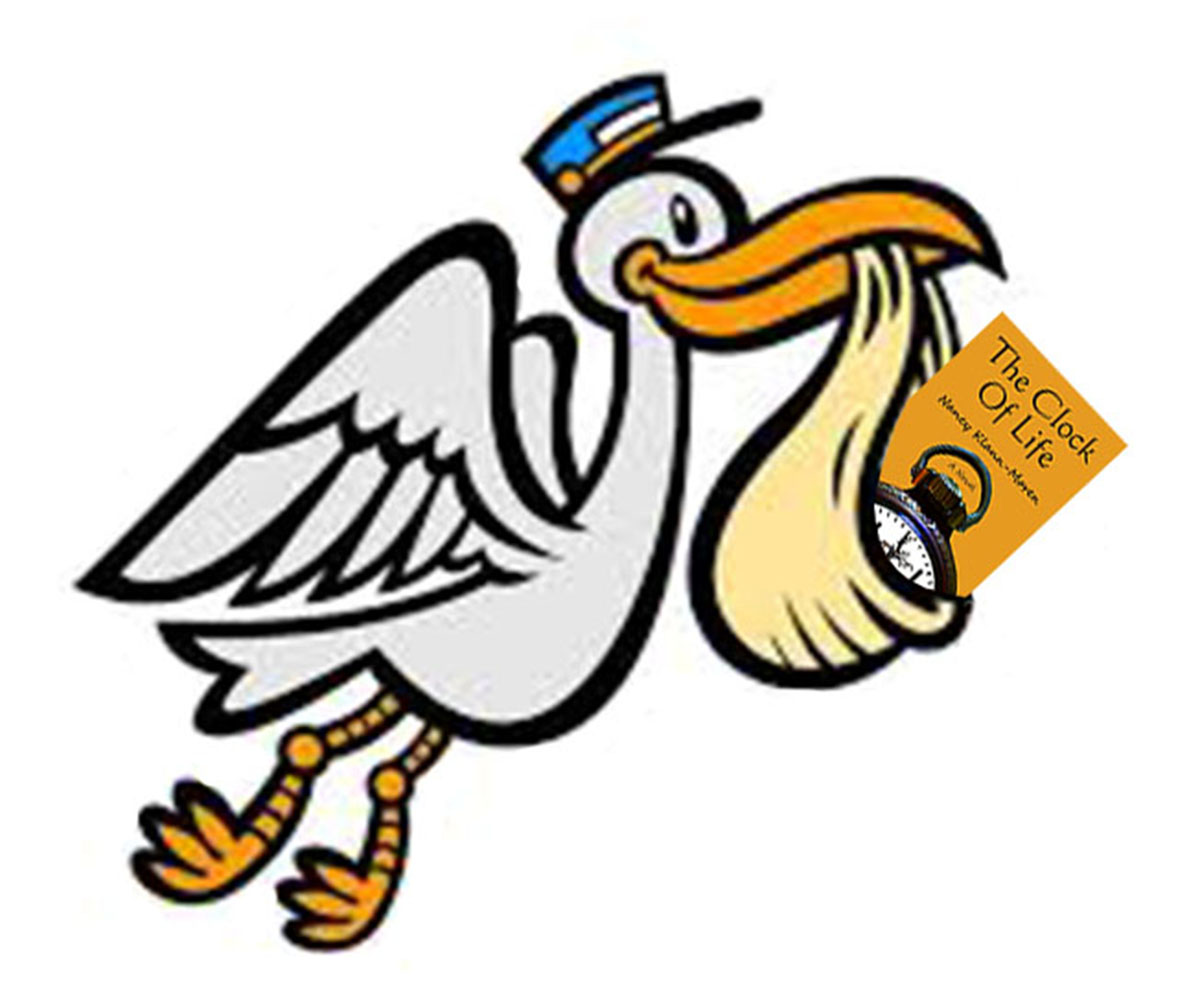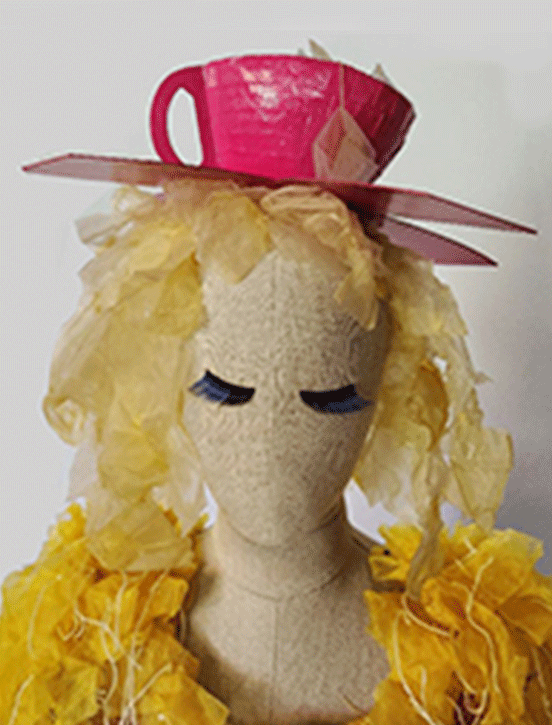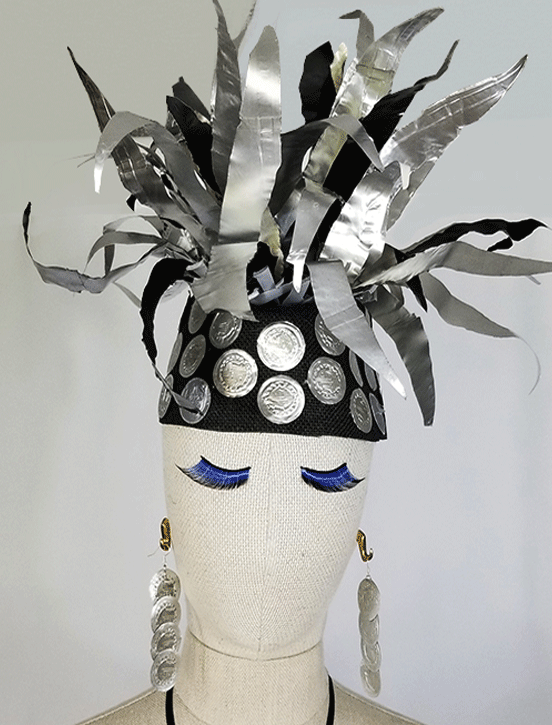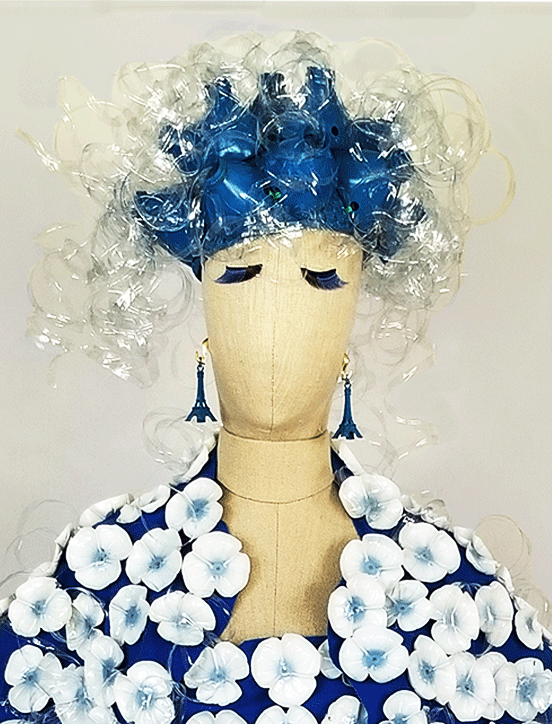“You don’t make progress by standing on the sidelines, whimpering and complaining. You make progress by implementing ideas.” Shirley Chisholm.
I didn’t work on it every day, but when I did, I retreated to my quiet space and wrote on my novel, then pondered over various sections and went back to pump up a passage or tone down a stereotype. I nurtured characters only to realize I had to knock them down. I fixed, scrutinized, edited, pondered some more, reconfigured chapters, shared, rewrote, edited, and polished. The hard part was finally over.
The only thing left to do? Place my captivating darling, destined to sprout into the next great American novel, into the all-knowing, all caring hands of the professionals. The powers- that-be, if you will. That is where my fairy-tale ends.
The submission, rejection, submission, rejection cycle of getting said darling into the hands of someone of consequence in the publishing industry seemed next to impossible. I grew tired of receiving generic form letter email rejections within 30 seconds of my sending a query. And weary of diligently following submission guidelines, only to never receive a response, EVER. And in their defense, why should they give my darling, or me, the time of day when they have Grishim and Patterson, Collins and Brown. Who am I?
I knew my book had merit. I know I write well. Many of my short stories have won competitions and are published in anthologies. The book manuscript had won Best Unpublished Novel at the San Diego Book Awards, and I still couldn’t get my work read, so I put my little darling to bed, climbed in, and we took a nap.
Then I read an article by author, Jessica Park, titled How Amazon Saved My Life. That article really smacked me on the side of the head. She said so many things I agreed with, and I thought, me too, Jessica. To hell with them and their sinister, instant reject buttons. If they’re too busy, or too important, to even look at my work, screw them and the horse they rode in on. They will no longer be given the opportunity to validate my work. They will no longer own my fate. So, because of that article, The Clock Of Life, turned off the road to “legitimate” publication and on to one of “indie” publication.
Jessica had planted the seed. It germinated for a month or so, and soon I sprung into action. First, a last “polish” of the manuscript. That was easy. Figuring out what to do next was like deciding to learn to speak Chinese without a teacher or manual. So, I sought an instructor. As luck would have it, a neighbor, Lee Pound, is a guru of self-publishing. Lee was kind enough to meet with me. Within forty-five minutes he filled my head with enough information for me to “speak the language” albeit, pidgin.
Naiveté pushed me forward, and the belief that if other people have done it, so could I. My publishing company, called AnthonyAnn Books, was formed. I bought ISBN numbers and barcodes. I went through CreateSpace to get it on Amazon, and Lightning Source for all the other distribution outlets, and BookBaby to get it converted to all e-readers. I took photographs, used Photoshop to design the cover, front, back and spine. I formatted my 8 ½” x 11” double-spaced beast into a tidy 5 ½” x 8” paperback size, with Book Antiqua font, and page breaks to form chapter sections. I diligently pushed forward with all that needed to be done until the final step―pushing the accept button―and my little darling, The Clock Of Life, sprang forth from the metaphorical womb.
And like most births, I quickly forgot the pain and tried it again.
I had a bucket-load of short stories in my computer―enough for a collection. I had 8 unused ISBN numbers (left from the required package of 10) So, I did it all again. Edit, design, format, proof, and upload. My new book, Like The Flies On The Patio, is in the hopper.
Even though I’m a publishing novice and every task was a bit of a learning process (understatement) and many things had to be done more than once to get them right, it took a bit over two months for both books to see the light of day.













